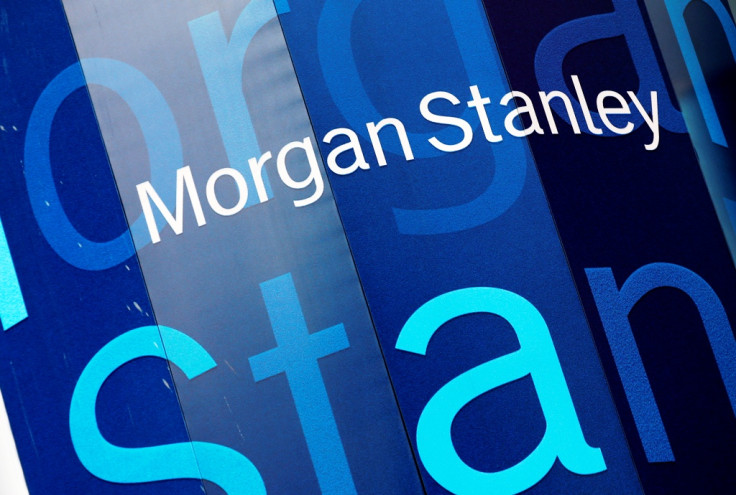Investment bank Morgan Stanley Q2 revenue up $1.1bn on same time last year

Financial services giant Morgan Stanley has posted $9.7bn in total revenue for the second quarter of 2015 ending 30 June.
The earnings are up from $8.6bn (£5.5bn, €7.9bn) reported at the same time last year — a difference of $1.1bn. In just the second quarter of 2015 the investment bank earned $1.8bn. It posted its second quarter results Monday 20 July.
This May, after a review of 13 global investment banks, Moody's analysts upgraded their outlook on Morgan Stanley, citing the institution's transformation of its business and resulting outlook for profitability.
In early 2015 Morgan Stanley CEO James Gorman said getting the upgrade was one of his top priorities.
"We believe the two-notch upgrade may give rise to additional opportunities," said Gorman during a conference call on the results as it will make the firm more attractive to customers. "What we've said is the strategy isn't changing."
The firm has reduced its balance sheets and expenses in the past year. Chief among the changes is Gorman's decision to sell the Global Oil Merchanting unit of its commodities division to Castleton Commodities International LLC. The value of the deal has not been disclosed, but is estimated to be worth $1bn to $1.5bn. Crude oil has lost at much as 50% of its value in the past year.
"We believe shedding of non-core business is likely to improve the company's profitability in the long run," said Zacks Equity Research in late June as it predicted higher earnings for the investment bank following its restructuring efforts.
The market and our competitors are going through significant challenges
Morgan Stanley has a competitive advantage over other firms, said Zacks, as it moved to focused on its two less capital-intensive businesses. "We believe such measures will stabilize the company's earnings going forward."
Morgan Stanley chief financial officer Jonathan Pruzan, noted that "the market and our competitors are going through significant challenges" as they face restructuring.
Gorman looked at the troubled stock market in China, declining commodities market, and the eurozone's bailout of Greece and said he did not foresee them having an effect on his long-term strategy for the firm.
"This short-term volatility does not change our long-term strategy," he said, noting that the bank is weighted to the US where there is a "real recovery taking place".
"There's clearly more turmoil in other parts of the world than there is in the US. We take a long view on this. We don't get that excited quarter to quarter," he said, noting the bank's strategy is projected in four- to five-year cycles.
For the future, Pruzan said, the bank is working on digital cash management innovations to attract more customers to add to its $140bn cache of deposits.
© Copyright IBTimes 2025. All rights reserved.






















